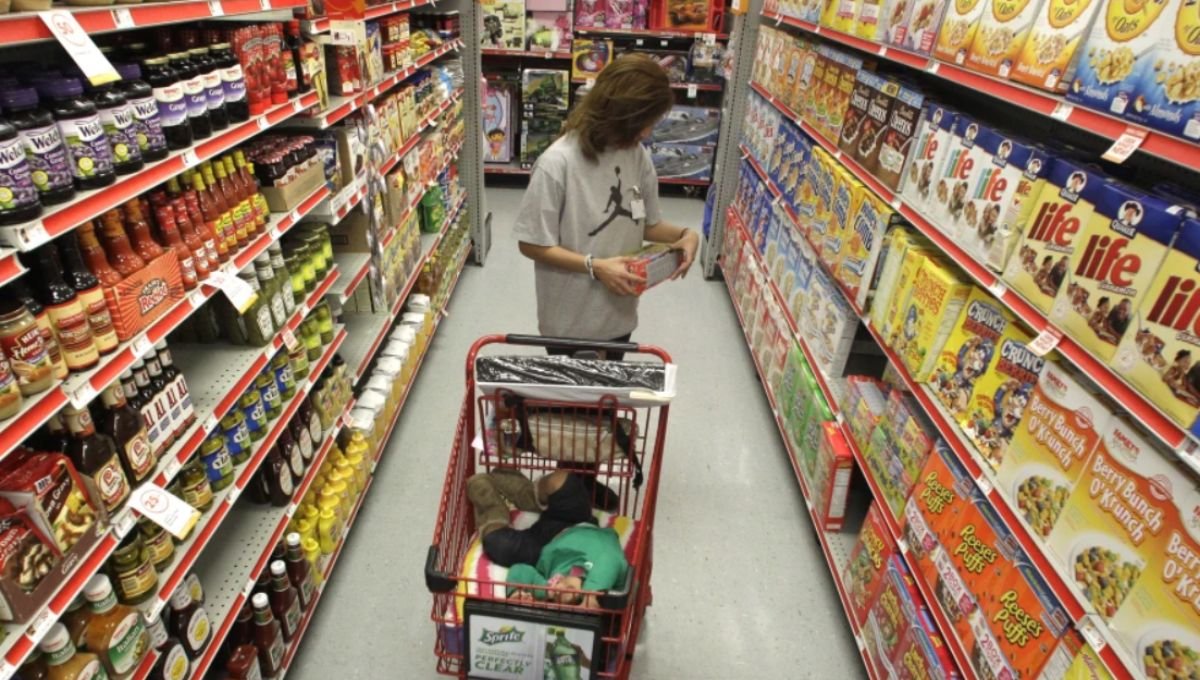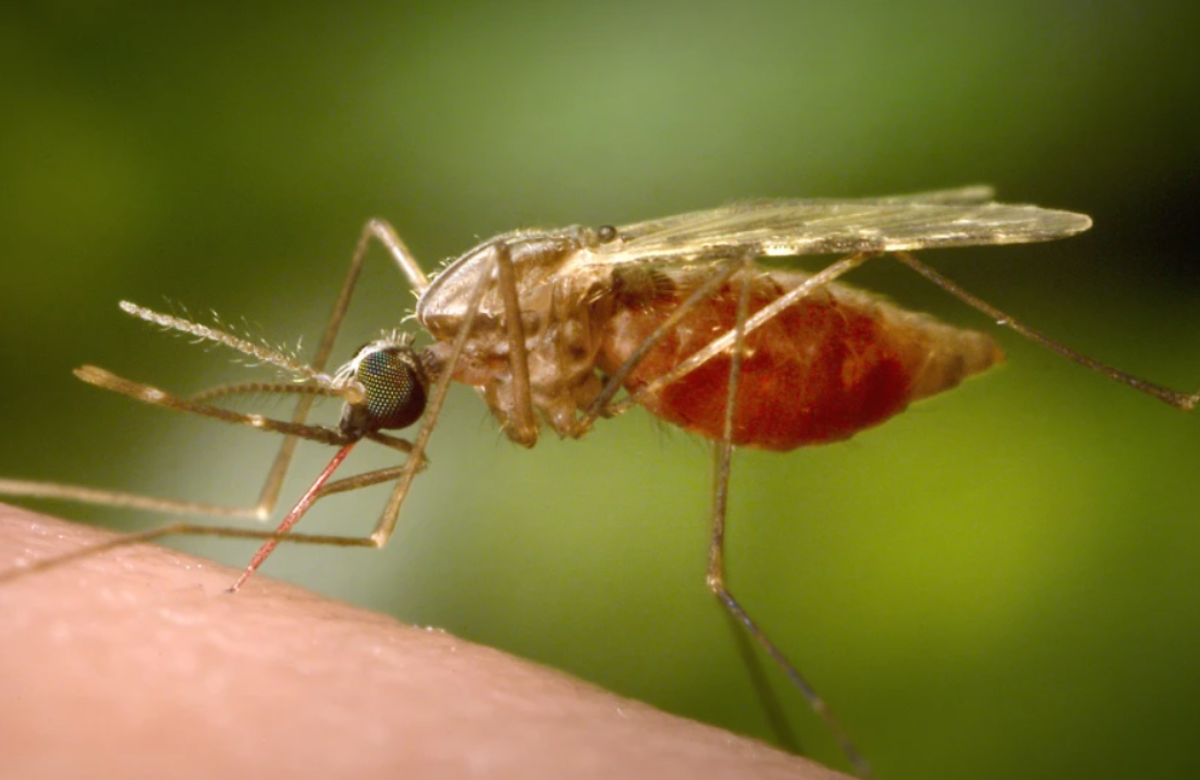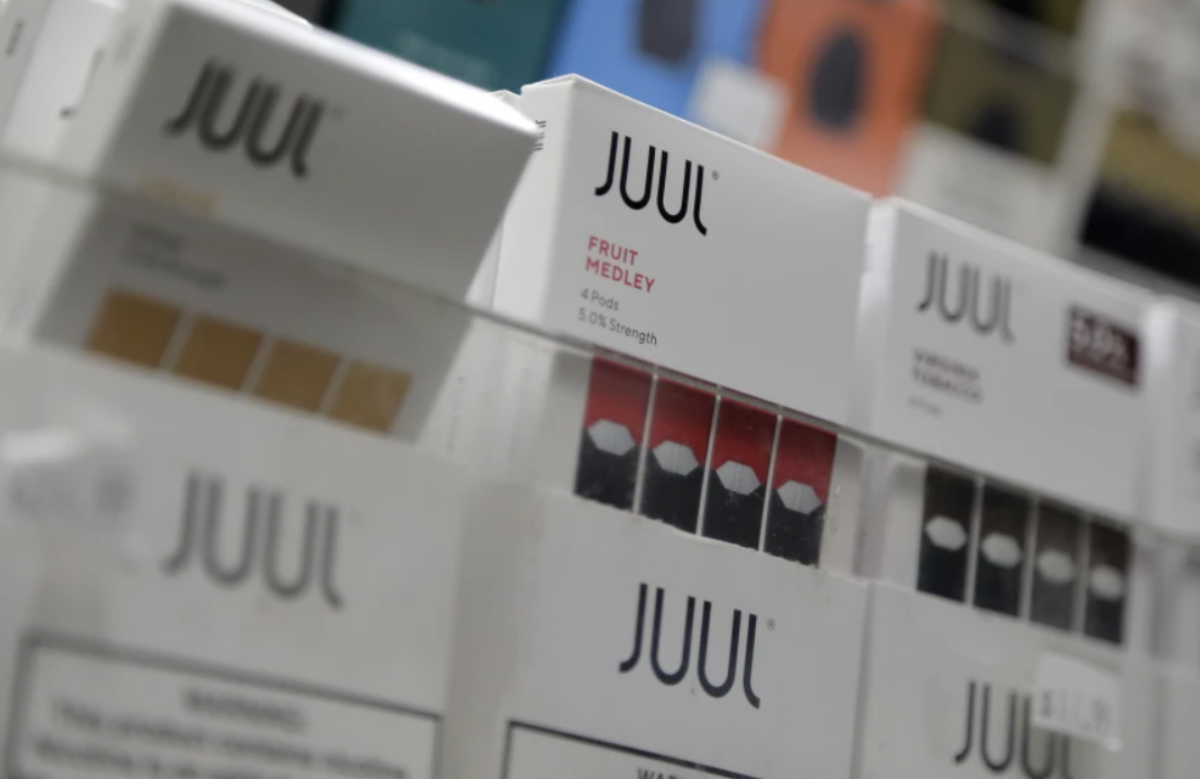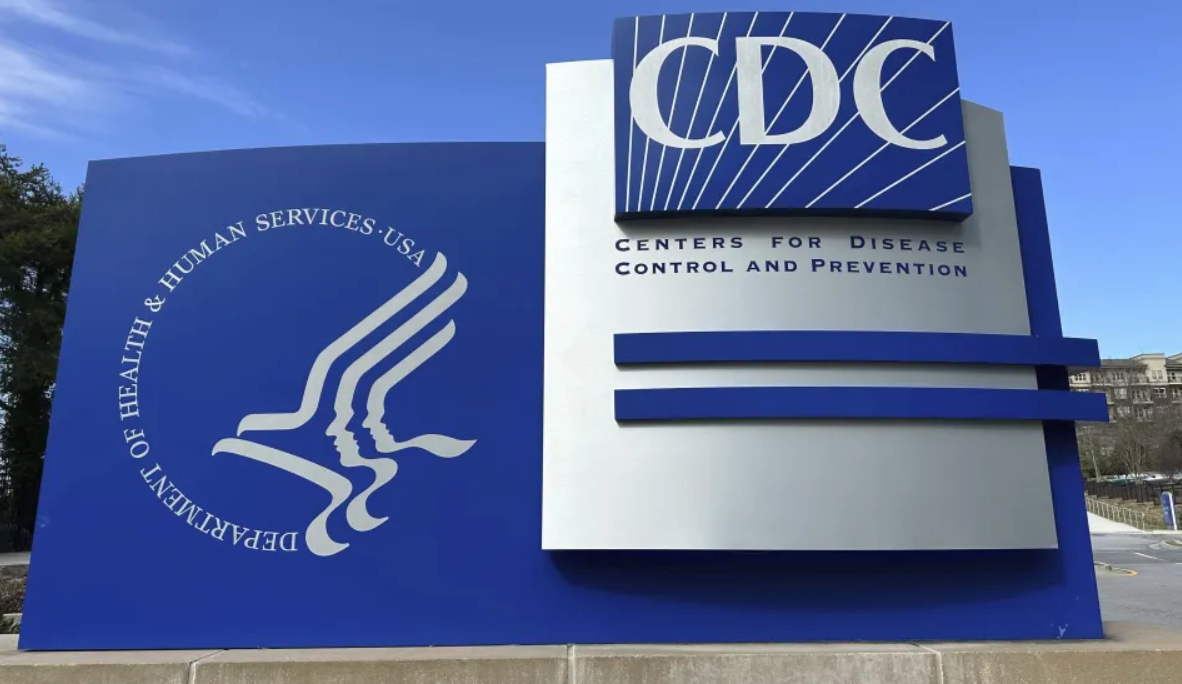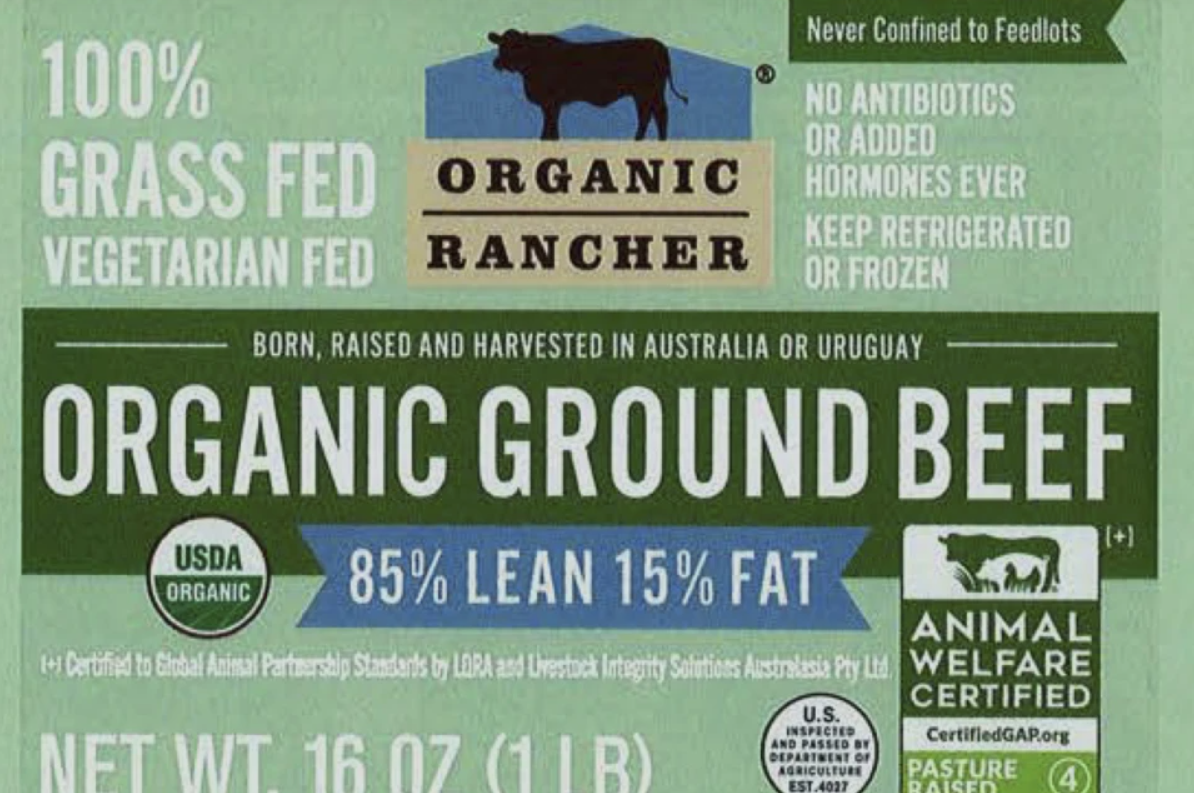Texas Governor Greg Abbott has signed a new law under the “Make America Healthy Again” initiative that for the first time requires warning labels on foods like chips and candies containing over 40 dyes or additives banned or restricted in regions such as Australia, Canada, the EU, or the UK. Labels warning these ingredients are “not recommended for human consumption” will be mandatory starting in 2027.
However, a review of the law reveals inaccuracies: nearly a dozen additives on the list are actually permitted in those jurisdictions, or already banned in the U.S. Consumer advocacy experts warn that these misrepresentations may result in labeling errors or legal disputes.
“I don’t know how the list of chemicals was constructed,” said Thomas Galligan of the Center for Science in the Public Interest. “Warnings have to be accurate in order to be legal.”
How Companies Will React
The policy commands food producers to decide whether to reformulate their products to avoid the labels, add the warning text to packaging, stop selling in Texas altogether, or challenge the law in court.
The bill’s origin remains unclear—efforts to contact state Sen. Lois Kolkhorst, who sponsored the bill, have not been successful.
Ambiguous Additives: Facts vs. Law
Regulatory-auditable mismatches include popular dyes and preservatives. While partially hydrogenated oils, Red Dye No.‑4, and Red Dye No.‑3 are indeed restricted in the U.S., several others—including Blue Dyes No. 1 and 2, BHA, BHT, diacetyl, interesterified soybean oil, and potassium aluminum sulfate—are approved in Australia, Canada, the EU, and the U.K.
Some ingredients, like azodicarbonamide (used in bleaching flour), may already be exempt under federal rules. Environmental Working Group analyst Melanie Benesh suggests these loopholes may make the new law less impactful than intended.
National Push for Healthier Food
The widespread concern over food additives has driven states like California, Arkansas, and West Virginia to enact their own regulations. In California, several dyes were banned from candies and school foods beginning in 2023.
Nutrition advocates argue that label warnings can shift consumer behavior and encourage industry reform. Texas’ law also creates a nutrition advisory committee, strengthens school nutrition and physical education requirements, and mandates nutrition education for college and medical students.
“This is a big win for consumers,” said Brian Ronholm of Consumer Reports. “States aren’t waiting on the federal government.”
Federal and Food Industry Response
At the national level, Health Secretary RFK Jr. and FDA head Marty Makary have called for dyes to be removed or voluntarily phased out by food companies. Some manufacturers have already complied, though the FDA maintains approved food dyes are generally safe and don’t cause behavior issues in most children.
Also Read:
SpaceX rocket test in Texas ends in explosion, no injuries confirmed
